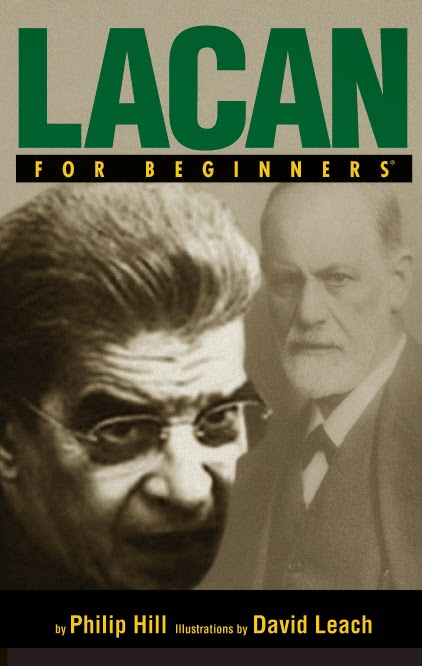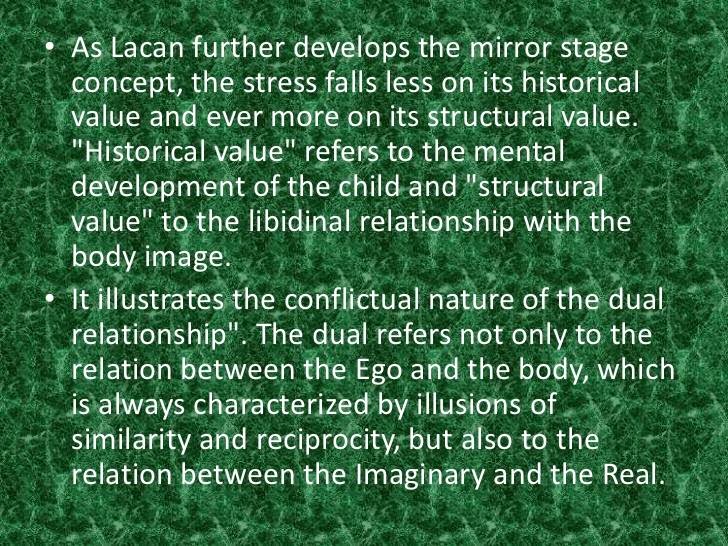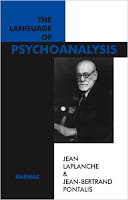

The incestuous desires motivating protagonist-narrator David Bell are so blatant as to seem almost a caricature of Freud’s Oedipus Complex. Nevertheless, a number of Lacan’s key concepts-including his theory of the Mirror Stage, his revisions to Freud’s Oedipus Complex, his emphasis on lack as the engine of desire, as well as his reflections on dreams, fantasies, and the gaze-are particularly useful for taking the full measure of DeLillo’s first novel, Americana ( 1971). I frankly doubt that Don DeLillo is well versed in the writings of Jacques Lacan, and I make no claims for direct, intentional influence. But like him, I also believe that judicious application of theory to DeLillo’s art can prove mutually illuminating for both. I share Cowart’s misgivings about overburdening DeLillo’s fictional texts with more theoretical apparatus than they can bear. Having issued this disclaimer in his introduction, however, Cowart goes on to deliver some of the most theoretically astute readings of DeLillo’s novels to date. This is not to say that theory for the sake of theory is objectionable-only that it occupies a branch of learning and pleasure one finds less interesting than art itself” (11). He adds, “nly through the stimulus of art can criticism achieve insights worth the world’s time and attention. Theory always threatens to make merely less immediate the fictive praxis” (10).

He cautions that “to overdo theoretical readings of a writer like DeLillo can be an exercise in the redundant and the pretentious.

In Don DeLillo: The Physics of Language ( 2002), David Cowart puts theory in its place with respect to art. Lacanian psychology provides a conceptual framework and useful taxonomy for understanding the shifting desires, misrecognitions, obfuscations, deflections, projections, and self-reflections of the American Narcissus, David Bell. The article uses Lacan to explain how and why each of David Bell’s attempts at indulging his incestuous maternal desires ends in disappointment, with particular emphasis on his three failed attempts at restaging the primal scene. Several of Lacan’s key concepts-including his seminal articulation of the Mirror Stage, his revisions to Freud’s Oedipus Complex, his emphasis on lack as the engine of desire, as well as his reflections on dreams, fantasies, and the gaze-help shed new light on DeLillo’s splintered portrait of postmodern subjectivity in Americana.

Critics have long recognized the novel’s debts to (and parodies of) Sigmund Freud, leading one critic to dub protagonist David Bell as “the American Oedipus.” The present article reconsiders the novel from the perspective of Jacques Lacan’s psychoanalytic theories. Don DeLillo’s first novel, Americana (1971), is assembled from a toolkit of psychological tropes.


 0 kommentar(er)
0 kommentar(er)
